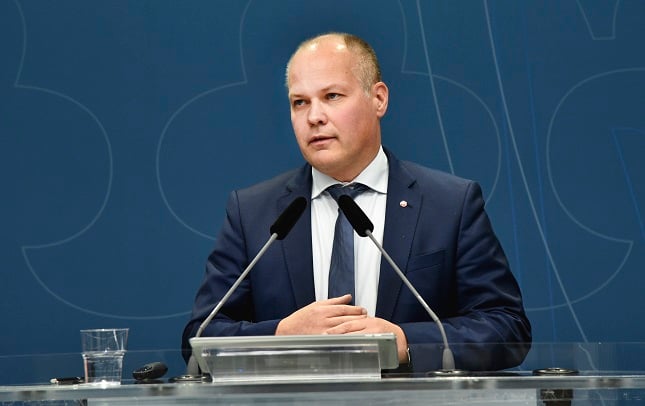The government said that an inquiry would be launched to review the Swedish labour immigration system, with the dual aim of “attracting international expertise and counteracting the exploitation of labour migrants”.
“We should be utilizing the expertise that is already there in our country. A new basis for residence permits should make it easier for people with key skills who want to look for work or start a business in Sweden,” said Finance and Housing Minister Per Bolund of the Green Party, the junior partner in the government coalition.
The inquiry would include looking into reviewing maintenance requirements for family members of work permit holders, and introducing a special visa for workers with skills that are particularly in-demand in Sweden.
Reader voices: 10 things Sweden should do to make life better for international talent
Catch up: Find all our coverage on work permit regulations and deportations here
This is part of an agreement made between the Social Democrat-Green Party government and the Centre and Liberal parties, whose support is needed for legislation to pass through parliament.
They also pledged to solve the problem of work permit holder deportations over minor errors, without giving details on how this could be achieved.
If passed, some parts of the inquiry will result in a report to be presented in less than a year, no later than February 1st, 2021. The deadline for the remainder of the inquiry will be November 2021.
The opposition Moderate Party has criticized the plans, after an attempt earlier in the week to push through its own proposals on labour immigration. It's still unclear which set of plans will be voted through in parliament, with the Left Party potentially able to swing the vote.
One of the biggest differences between the government proposals and the Moderate Party's is that the government has proposed making it easier for rejected asylum seekers to apply for a work permit in certain cases, along with a risk analysis of such changes, while the Moderate Party had proposed putting a stop to this altogether.



 Please whitelist us to continue reading.
Please whitelist us to continue reading.
Member comments